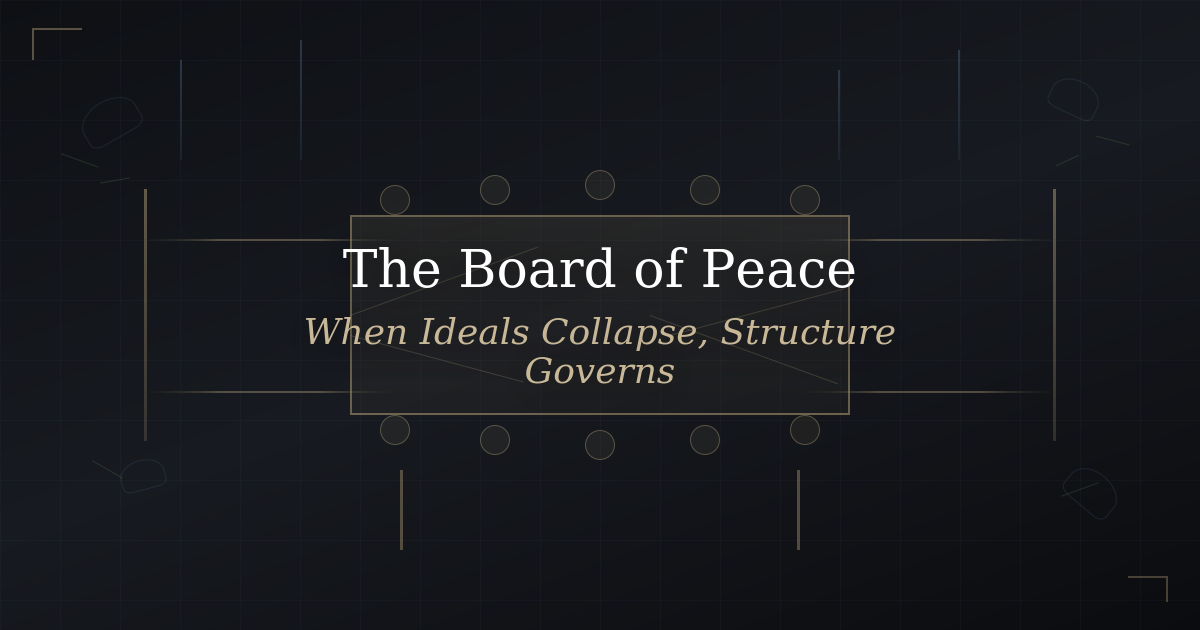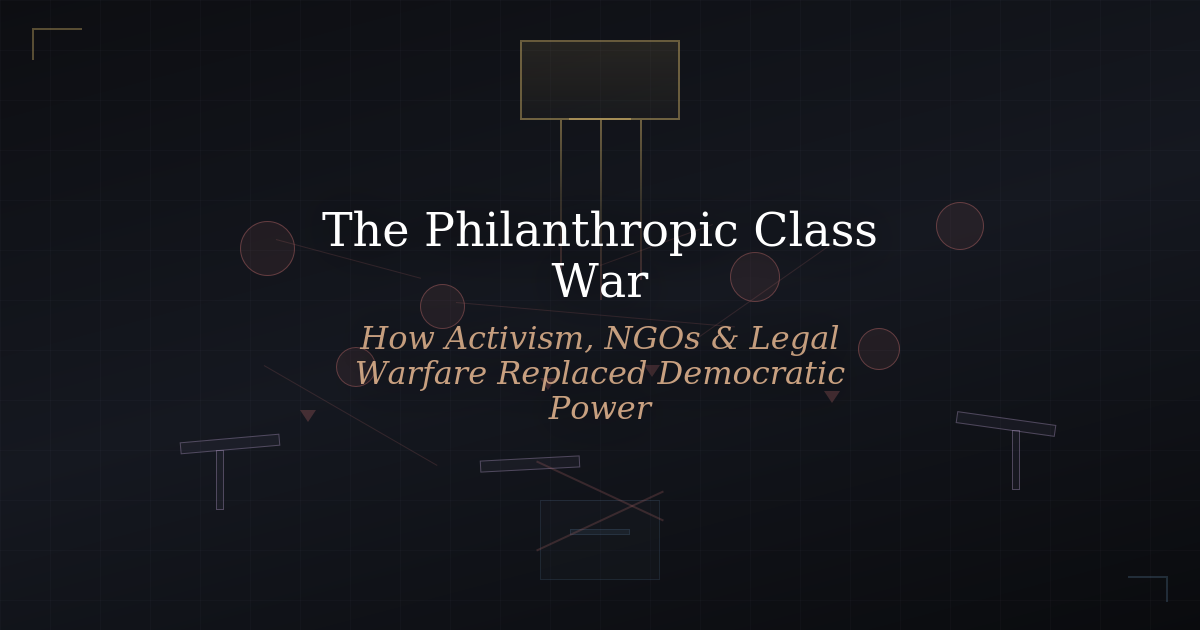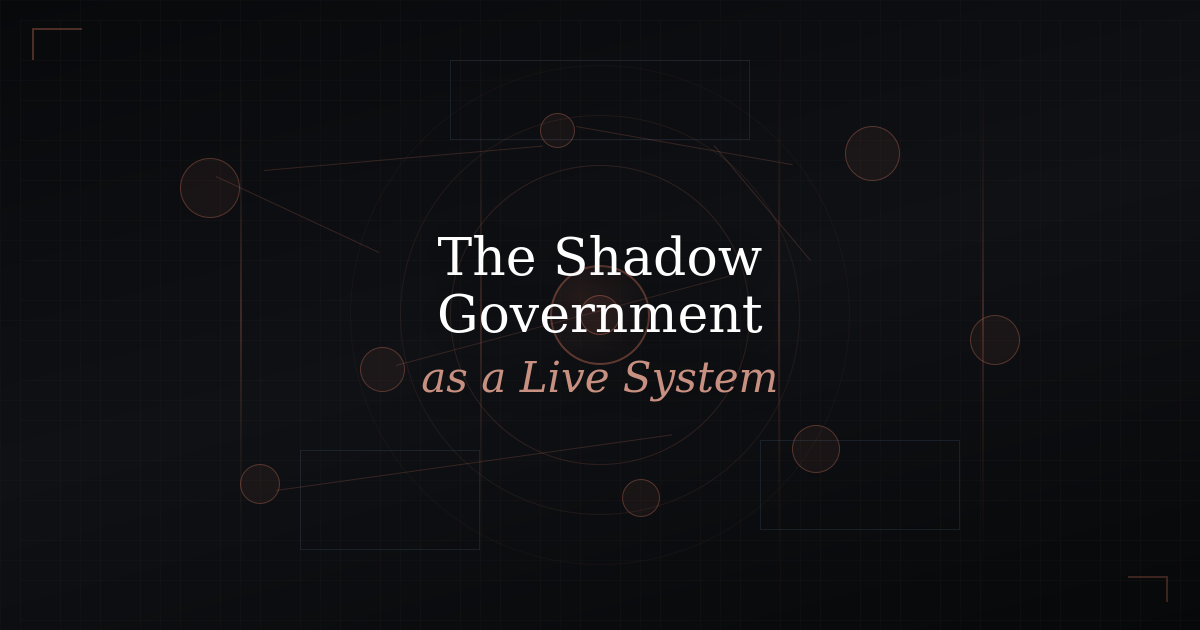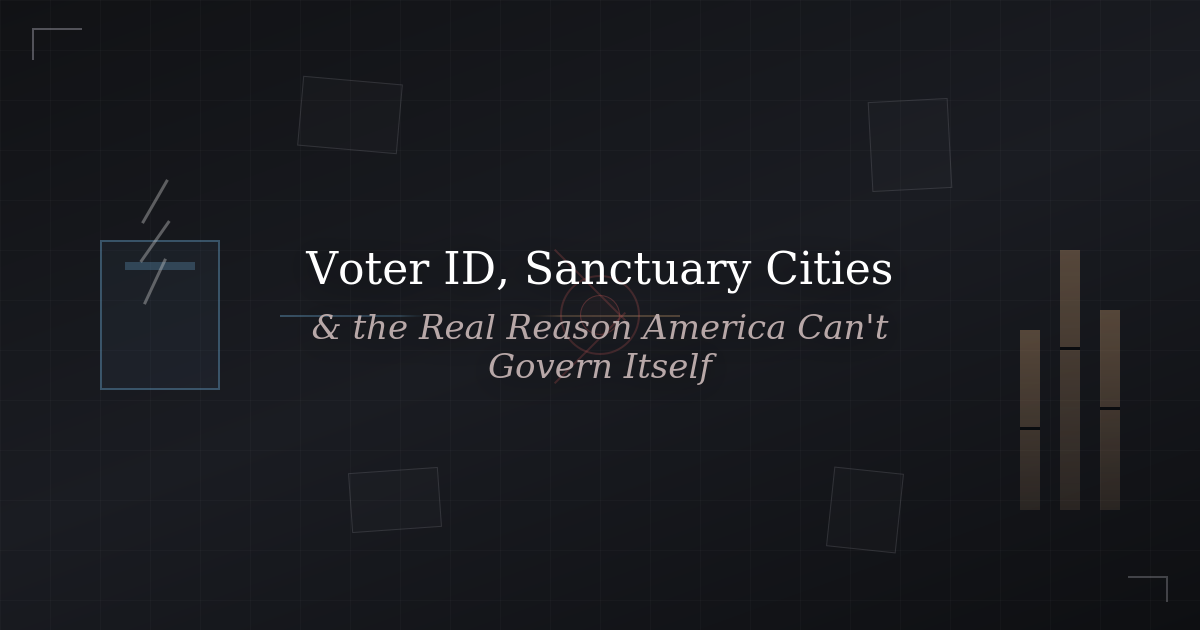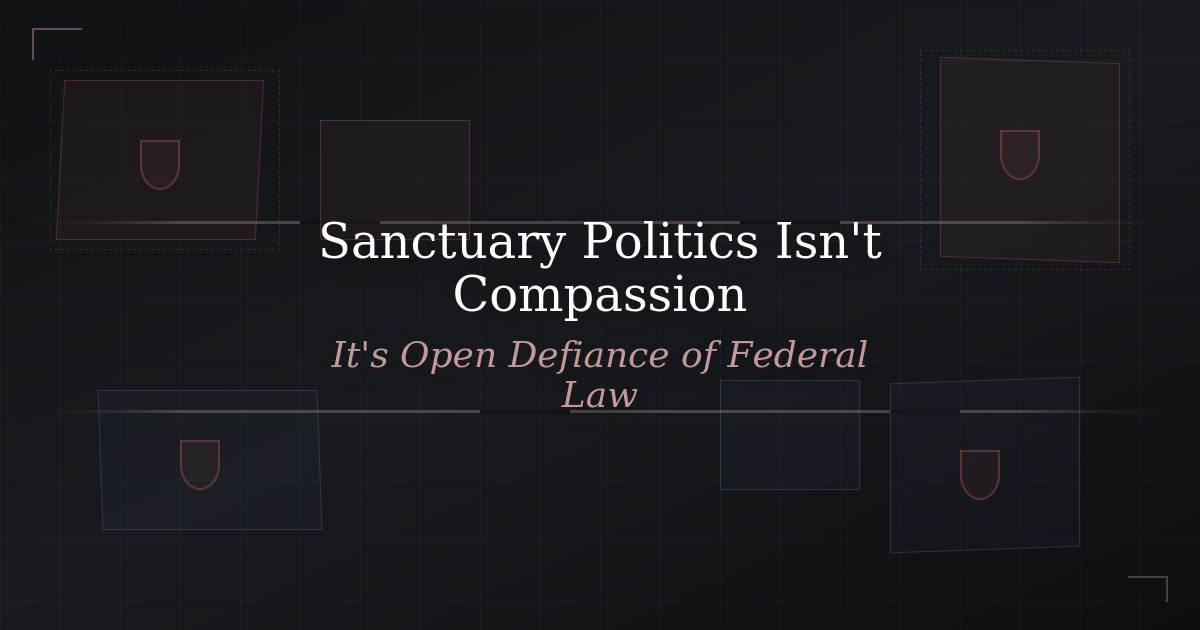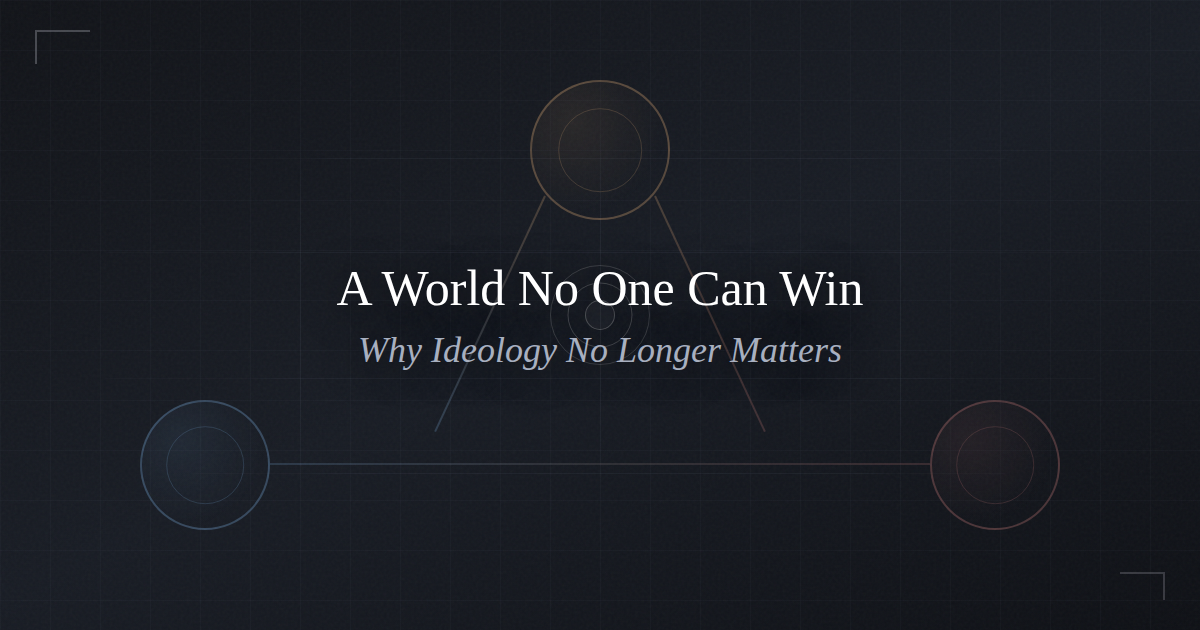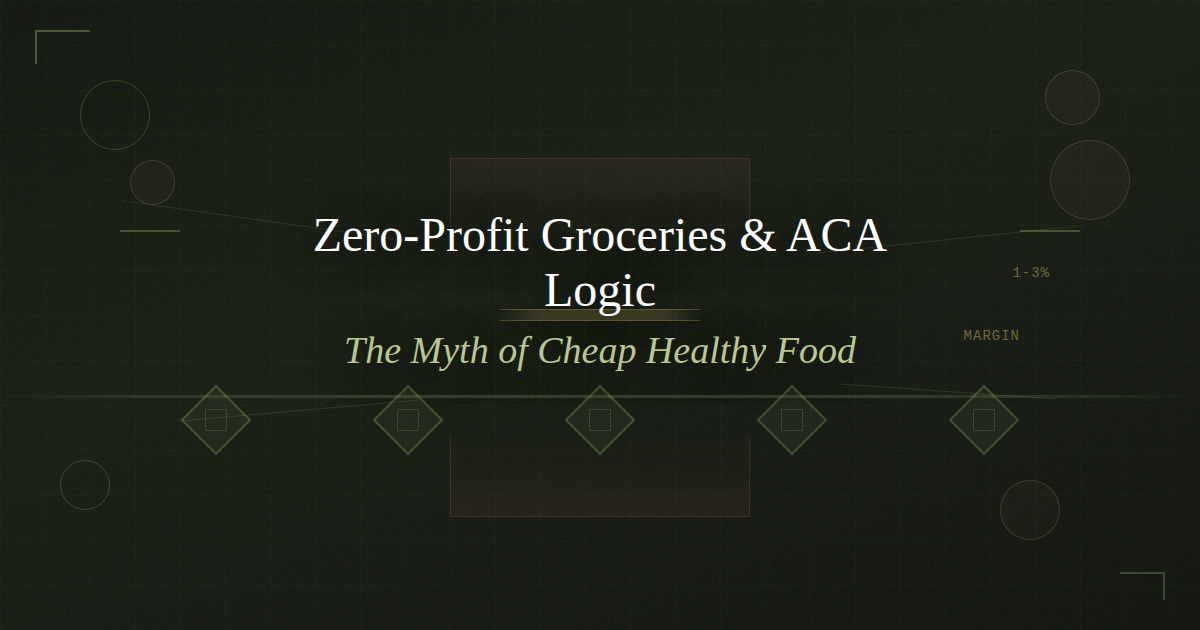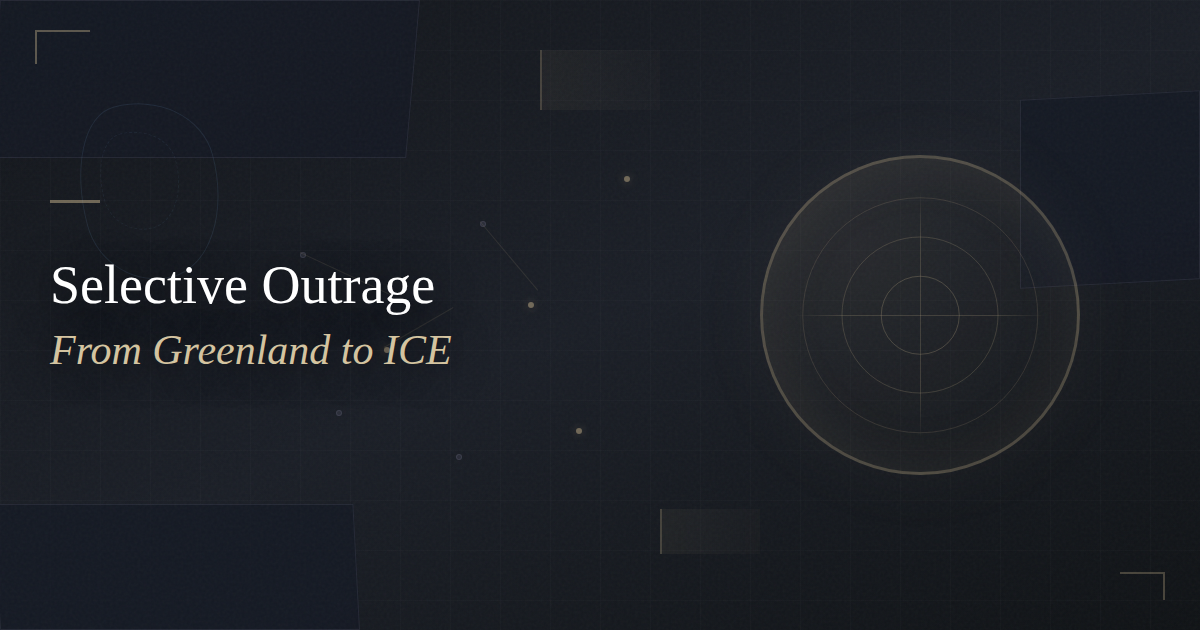Energy - May 2023
Energy – April 2023: Global Influencers
The Biden administration has set a goal of achieving 100% clean electricity nationwide by 2035, and solar power plays a crucial role in this transition.
In the past decade, solar energy in the United States has experienced a remarkable average annual growth rate of 42%, thanks to federal tax credits, declining costs, and increasing demand. Projections indicate that by 2030, more than one in seven American homes will have a solar power system.
To provide perspective on this trend, the following graphic utilizes data from the United States Department of Energy to estimate the land area required to generate enough solar power to meet the entire country's energy needs.]
So, is a 13% or even 20% efficiency rate merely a rhetorical figure? Keep in mind that it is necessary to account for variations in sunlight, including both high and low levels, as well as the need for battery storage to compensate for intermittent power generation. However, when we consider dividing Lake Michigan's area among the 50 states and Washington D.C., the land requirement becomes more manageable. One might even question whether utilizing all the rooftops across the United States could potentially make the Infrastructure Bill redundant. For further details, please refer to this resource, which does not take efficiency into account.
The IEA (International Energy Agency) –
www.iea.org – is often criticized as another doomsday agency, similar to WEF (World Economic Forum) or WHO (World Health Organization). Are their approaches fundamentally different from how they handled the COVID crisis?
The report focuses on key areas, including the latest data and analysis on renewable power capacity additions in 2022 at a global level and for major markets. It also provides forecasts for 2023 and 2024.
This update examines critical topics related to renewables in the coming years, such as the impact of the energy crisis on deployment in the EU, the influence on energy affordability, and the latest trends in the United States, China, and India. Additionally, it explores the implications of developments affecting major technologies like solar, wind, and biofuels, covering aspects such as market dynamics, financing, energy security priorities, manufacturing, and power system integration.
The report presents the IEA's most recent assessment of the current state of renewables markets since the publication of our Renewables 2022 report in December.
By analyzing the latest market and policy developments as of April 2022, our Renewable Energy Market Update provides forecasts for new global renewable power capacity additions and biofuel demand in 2023 and 2024. Furthermore, it discusses key uncertainties and policy-related implications that may impact projections for 2024 and beyond.
This report is part of the IEA's contribution to the initial global stock take of the Paris Agreement, which will be finalized leading up to COP28, the upcoming UN Climate Change Conference at the end of 2023. For additional reports in this series, please visit the IEA's Global Energy Transitions Stock take page.
The world currently finds itself in the midst of an unprecedented and multifaceted global energy crisis. While Europe serves as the epicenter of this crisis, its ramifications extend to markets, policies, and economies worldwide. As is often the case, the most vulnerable and economically disadvantaged populations are expected to bear the brunt of the consequences. It is important to note that the origins of these strains predate Russia's invasion of Ukraine, although the situation has significantly worsened as a result. Skyrocketing prices have prompted a reevaluation of energy policies and priorities, while the Europe-Russia energy relationship is in disarray.
This calls into question the viability of decades of fossil fuel infrastructure and investment decisions built on this foundation, leaving the need for a profound reorientation of international energy trade. As we navigate this new world, it is crucial to acknowledge that there is no going back to the way things were. Past energy crises have shown us that the process of adjustment is unlikely to be smooth. Moreover, this adjustment occurs within the context of governments' commitments to clean energy transitions.
Speaking of energy independence, it is worth noting that the United States was once energy independent and even offered Europe oil and gas in exchange for North Stream 2. It raises questions about the role of government agencies and their motivations. Does the Infrastructure Bill, for instance, serve more as a political tool disguised as an infrastructure investment?
Additionally, why aren't we placing more emphasis on hydrogen or hybrid vehicles? While the cry for electric vehicles (EVs) is loud, we must consider the need for a robust public and private recharging system. Similar to public transportation, the cost-effectiveness of such a system depends on population density. While gas stations are widespread across the country, the feasibility of EV charging stations relies on the production of electricity from green resources. It appears that we may be prioritizing the adoption of EVs without ensuring the necessary infrastructure is in place.
Perhaps it is time to devise a plan that focuses on highly populated areas and builds a sufficient number of cost-competitive charging stations, leveraging solar resources and benefiting from economies of scale. This raises questions about the Infrastructure Bill itself, especially when we see companies like Tesla building their own charging stations. Consider this as a starting point for such a plan.
Finally, let's examine the government map to determine if we already have sufficient coverage in terms of infrastructure and resources.


